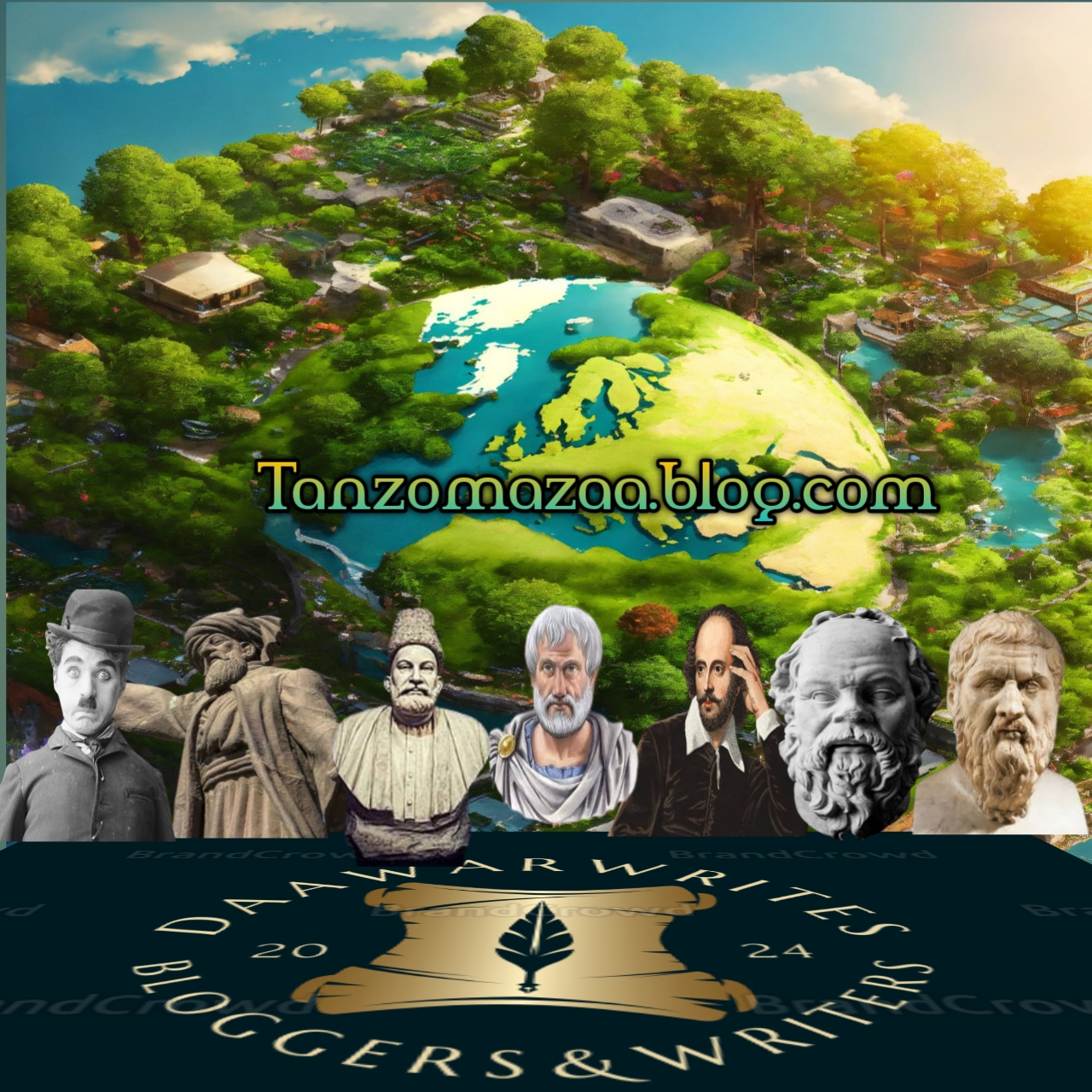A History of Loss, Resilience, and Legacy
Imagine losing everything that is significant to you, including the land where your family has always resided, places of special significance, and the way of life passed down from your parents and grandparents. That is what Aboriginal Australians experienced when Europeans first came. They took the ancestral lands that Aboriginal people had inhabited for over 50,000 years. This was more than just robbing property; it also shattered Aboriginal people's fundamental connection to the environment on which they relied. It changed everything about how they survived. https://highland-8c0d23718c.printify.me/
And they didn't just take the land. Often the Europeans became very angry and violent when Aboriginal people tried to stay on their traditional lands. Sadly, some whole communities of Aboriginal people were killed in these fights, called massacres. Sacred places important to their culture and beliefs were also destroyed.https://a.co/d/48Hr17z
One especially hurtful thing was taking Aboriginal children from their parents. The government policy, called the Stolen Generations, aimed to have Aboriginal kids raised like Europeans instead of letting them grow up with their own culture and language. This caused a lot of pain that still affects families today.
Aboriginal people were also forced to work under bad conditions and not paid fairly. While they weren't slaves owned by others like in some countries, being made to labor against their will still took away their freedom and dignity.
Diseases brought by Europeans, which Aboriginal people had no resistance to, killed many. Combined with the violence on their lands and split up families, the Aboriginal population shrank dramatically.
To sum it all up, what happened wasn't just slavery - it was the loss of their homelands and way of life, violence against them, destruction of their culture, and effects still felt today like from the Stolen Generations. Simplifying it to just slavery doesn't capture how deeply colonization impacted the Aboriginal Australian people. It's an important part of history that deserves understanding the full story






0 Comments